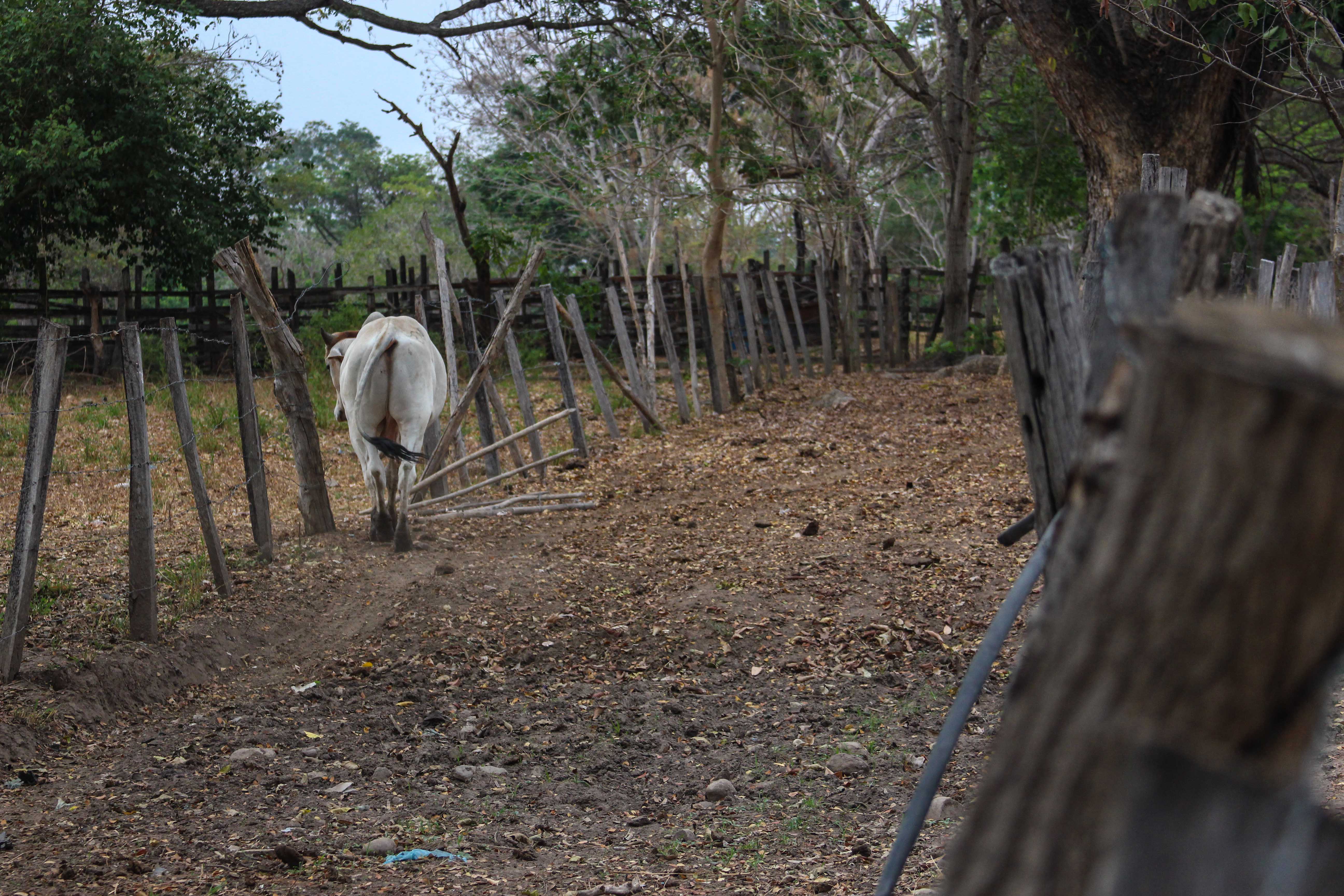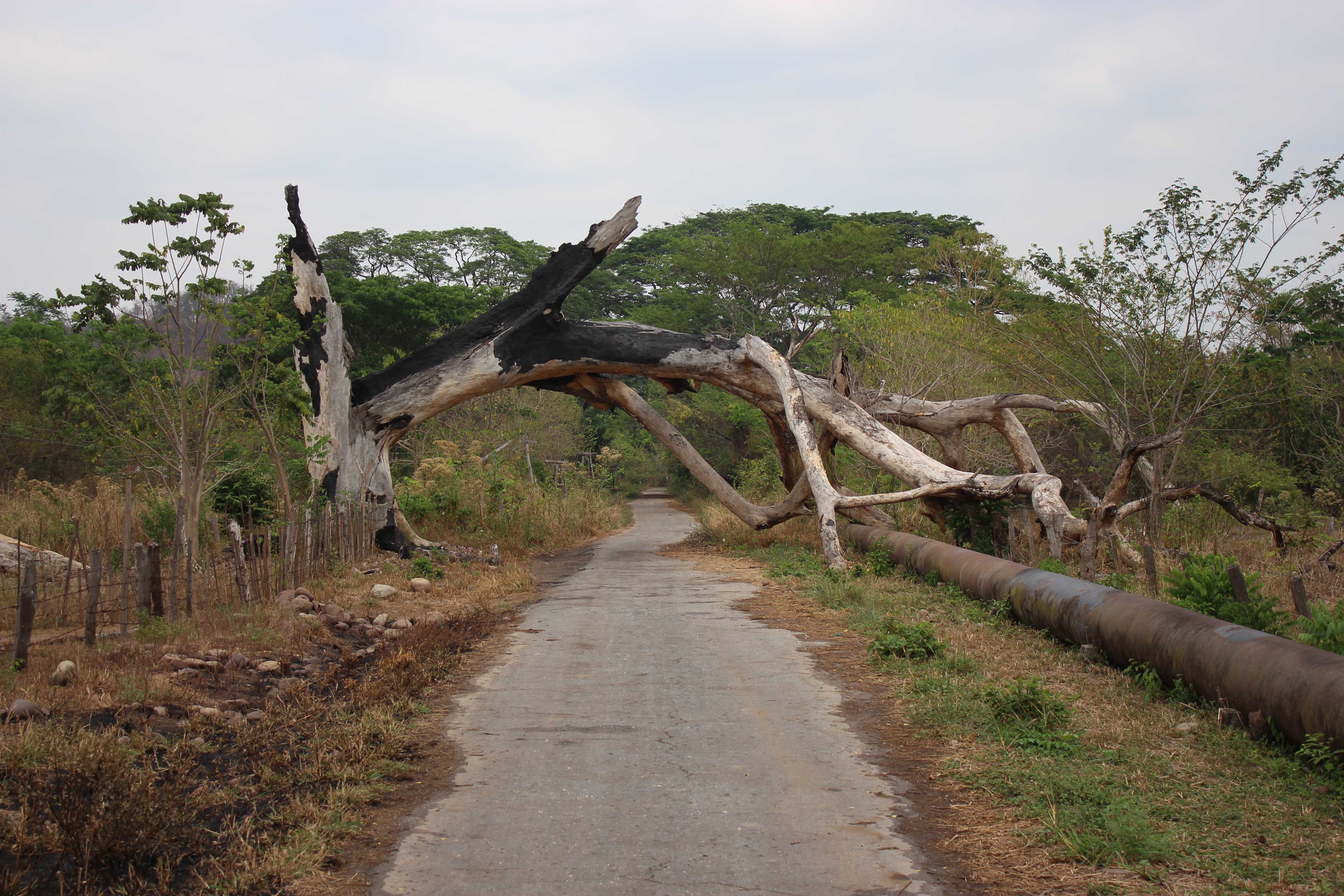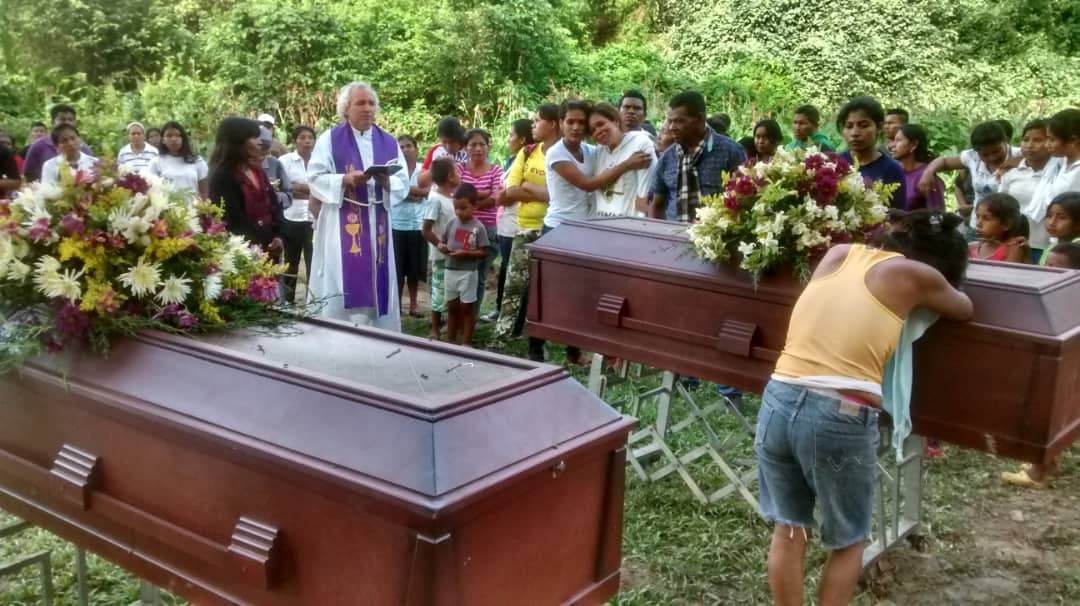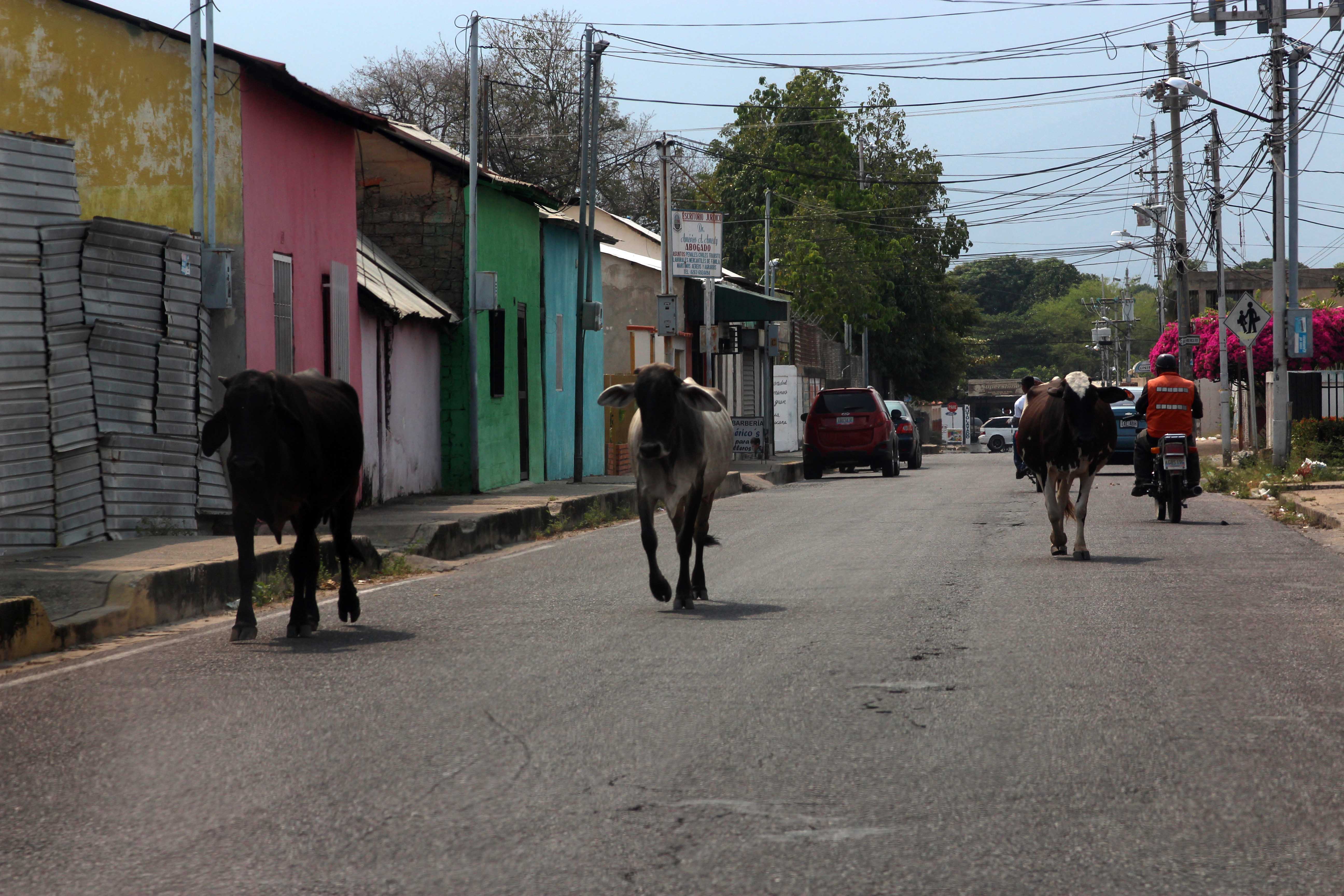Sierra de Perijá: No Sacred Cows, But Sacred Thugs
Machiques de Perijá is one of the most fertile areas in the country. Their plague? Livestock trafficking, smuggling, robberies and cold blooded murder in the hands of gangs acting like they’re in charge because, well, they are and nobody can stop them.


Photos: Mario Pérez Chacin
When we see an episode of violence in Venezuela, we tend to think of Caracas as one of the most dangerous cities in the world. Truth is, each corner of our geography has a reality that’s as terrible, or worse, as that of the capital.
Machiques de Perijá is a municipality in Zulia State, to the West of the country, partially bordering with Colombia. In these expansive fields of mountains and valleys, blessed by nature to be one of the most fertile in the region, the land is tainted by innocent blood.
Last Saturday, November 17, while preparations to receive the Virgin of Chiquinquirá were ongoing, a group of armed thugs broke into “Las Delicias” farm, subjugated the workers, stole food, clothing and 69 cows, herding them through the dirt roads by night.
 The theft of livestock in Machiques de Perijá, as well as other cattle-breeding municipalities in Zulia, is a scourge that stirs since the Colony.
The theft of livestock in Machiques de Perijá, as well as other cattle-breeding municipalities in Zulia, is a scourge that stirs since the Colony.
Las Delicias is a hub of livestock production dedicated to breeding bovines for meat and milk. The workers are native Yukpa from the town of Tokuko, 45 minutes from Machiques.
After the assault, Juan Pablo Amirka, Armando Pozada and Gonzalo Pérez managed to break free and went after the thieves. Minutes later, shots reverberated in the dark. Other workers found the three gunned down bodies, hours later.
The theft of livestock in Machiques de Perijá, as well as other cattle-breeding municipalities in Zulia, is a scourge that stirs since the Colony and remains much too real in the states of the Western area and the Llanos. Land ownership has always been crucial in the region and, although Hugo Chávez’s government promised that natives would recover their lands stolen by “cattle landowners,” nothing stopped ill will from taking over Machiques. On the contrary, conflict was further inflamed and other actors played into the issue (specifically, Wayuu natives and Colombian paramilitaries.)
 Land ownership has always been crucial in the region and, although Hugo Chávez’s government promised that natives would recover their lands stolen by “cattle landowners,” nothing stopped ill will from taking over Machiques.
Land ownership has always been crucial in the region and, although Hugo Chávez’s government promised that natives would recover their lands stolen by “cattle landowners,” nothing stopped ill will from taking over Machiques.
Today, livestock is sold at the border with Colombia for pesos or dollars. The Yukpa community, with their chieftain’s authorization, went to the National Guard outpost in Machiques, where they were advised to file their complaint before the Scientific Police (CICPC).
However, after filing the complaint, producers, workers and natives were left waiting. The authorities did nothing, and that’s why the communities looked for the murderers by themselves.
For Paul Márquez, head of the livestock sector in Machiques, the situation has gotten dire, because gangs have no problem killing anyone opposing them, just as it happened weeks ago in the “La Yasita” farm, where two workers were killed during a robbery.
 The inhabitants of Tokuko say the crimes were committed by the “Toromo gang,” made up of other natives.
The inhabitants of Tokuko say the crimes were committed by the “Toromo gang,” made up of other natives.
The inhabitants of Tokuko say the crimes were committed by the “Toromo gang,” made up of other natives, and they managed to take two alleged members captive, according to Nestor Maikishy, chieftain of this community, who spoke with Maria Guadalupe González from Radio Fe y Alegría Machiques 105.5 FM. They claim they did it to exert pressure, so the real culprits turn themselves in to the authorities.
On Tuesday, November 20, four days after the incident at Las Delicias, a joint commission of the CICPC and the National Guard went to the area for the bodies, taking them to the Kuruba community.
For now, there’s tense calm that provokes the aforementioned gang to carry out other assaults against Tokuko communities, so the captives are freed.
 Zulia governor Omar Prieto made the conflict worse by directly accusing engineer Armando Chacín of being responsible for the robbery of cattle, and easing its smuggling into Colombia.
Zulia governor Omar Prieto made the conflict worse by directly accusing engineer Armando Chacín of being responsible for the robbery of cattle, and easing its smuggling into Colombia.
For Fray Nelson Sandoval, priest and director of the Los Ángeles del Tokuko mission, the authorities must intervene immediately to prevent a new massacre, considering that the people, in their anger and frustration, already seek to arm themselves.
It’s worth noting that, days before this event, Zulia governor Omar Prieto made the conflict worse by directly accusing engineer Armando Chacín, head of the National Federation of Livestock Farmers (FEDENAGA), of being responsible for the robbery of cattle, and personally easing its smuggling into Colombia.
The Perijá range is still one of those crucial points where violence simmers, and there’s no telling when the valve could burst and cause a worse tragedy than the one these Venezuelans already suffer.
Caracas Chronicles is 100% reader-supported.
We’ve been able to hang on for 22 years in one of the craziest media landscapes in the world. We’ve seen different media outlets in Venezuela (and abroad) closing shop, something we’re looking to avoid at all costs. Your collaboration goes a long way in helping us weather the storm.
Donate




